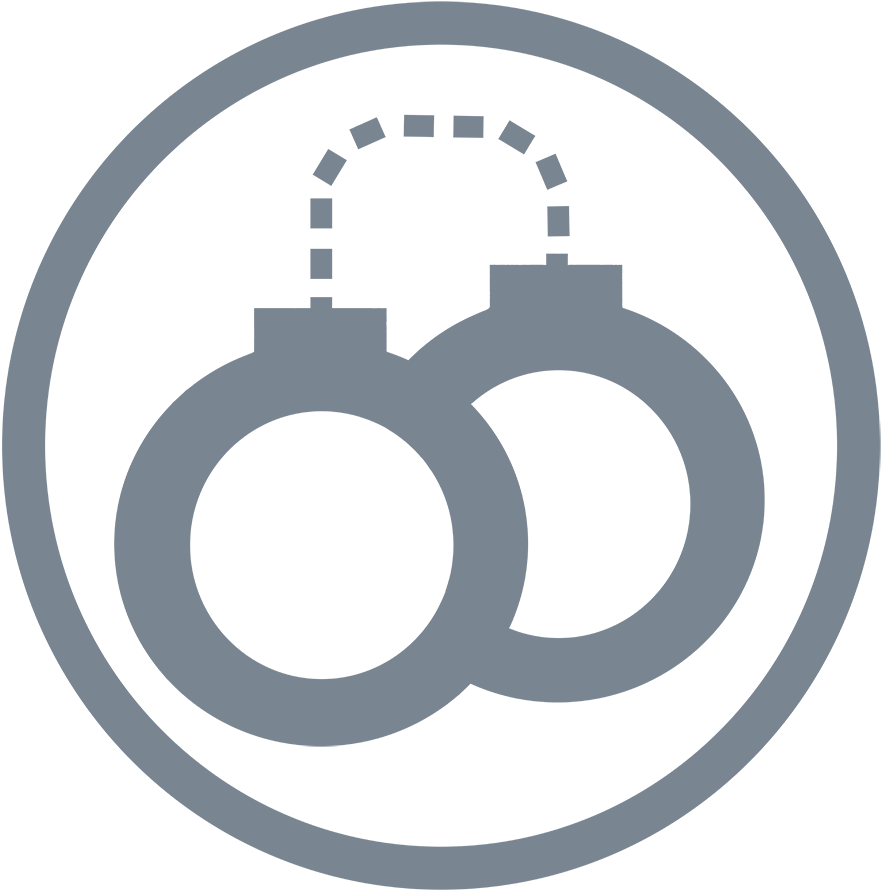Solutions

Justice Web Interface
Pragmatica’s premier offering, the Justice Web Interface (JWI), stands as a cutting-edge web portal designed to foster information exchange across state, local, federal, and tribal justice agencies within the law enforcement and criminal justice sectors. Our team of specialists is poised to collaborate with your organization, ensuring the seamless integration of JWI with your current CAD and/or RMS systems and tailoring solutions to precisely align with your unique requirements.

Criminal History Worksheet
Court, Supervision, and Attorney’s Office personnel utilize the Criminal History Worksheet to create Pre-Trial and Pre-Sentence reports by harnessing data directly sourced from III and Nlets. This data serves the purpose of uncovering past and pending cases, populating our Public Safety Assessment (PSA) risk evaluation tools, and conducting further investigations through extracted identifiers. This streamlined process empowers users to produce comprehensive, refined reports for judicial review in a matter of minutes, as opposed to hours.

eWarrants – Warrant Automation
JWI eWarrants provides paperless workflows to support a complete warrant lifecycle, including warrant packing and submission to state and NCIC hot files, warrant rejection due to error or duplication, warrant quash and warrant clearance/execution. Our eWarrants module also provides dashboards, reports, and visual indicators to support CJIS requirements for timely submission of warrants and quashes.
Our eWarrants application has replaced paper processes for multiple agencies, reducing the amount of time between the court’s issuance and the warrant’s entry into state and national databases from days to mere minutes!

Recidivism Analysis
Our distinctive expertise in parsing criminal histories has empowered government statisticians to conduct extensive recidivism studies, including those involving over one million records, all without the need for manual result coding.
Our comprehensive data-gathering procedure has resulted in significant cost savings, with one of our major users reducing their research budget by 85%. Moreover, the time required to collect the data for 40,000 subjects has been slashed from over five years to less than a week.
The insights derived from the analysis of this data have played a pivotal role in shaping both local and national criminal justice policies, solidifying its status as a crucial component of the United States’ criminal justice infrastructure.
